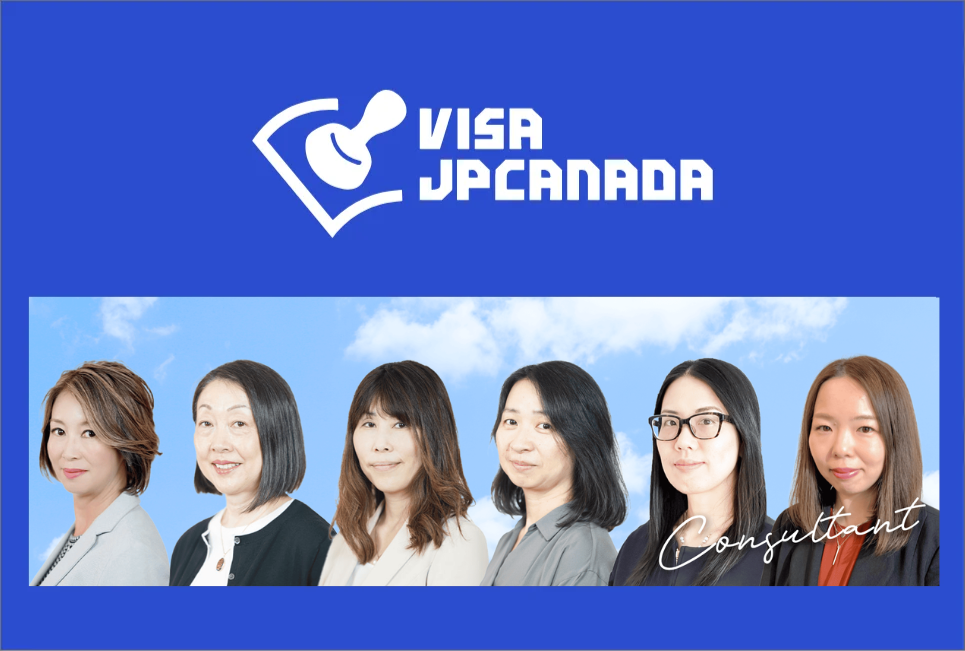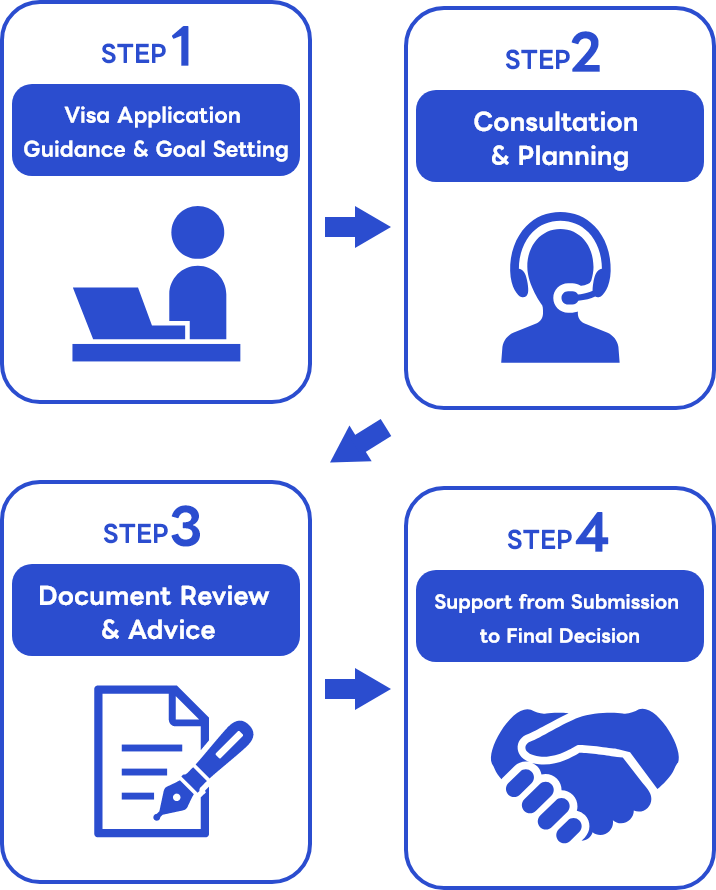Last Updated:July 15, 2025
What is a Co-op Program?
This is a dynamic program offered by Canadian colleges and universities, designed to give students the invaluable opportunity to gain practical work experience while pursuing their studies. By integrating academic learning with hands-on experience in real-world corporate or organizational settings, students can develop essential skills and build their professional network even before graduation. Students are allowed to work part-time alongside their studies. During the Co-op period, students apply their academic knowledge in a practical environment and are required to meet specific work-hour requirements for designated roles as outlined by the program. While Co-op programs primarily focus on technical and business fields, they are also increasingly offered across other academic disciplines. Students who complete a Co-op program gain not only theoretical knowledge but also real-world expertise, significantly enhancing their employability after graduation. This program is highly sought after. In addition to a study permit, a “Co-op work permit” is issued to students to facilitate this work experience.
How to transition from the Co-op Program to permanent residence
Work experience gained through a Co-op program does not directly count toward Canadian permanent residence, as it is undertaken under a study permit and is not recognized as official work experience. However, students who participate in Co-op programs acquire valuable practical skills that enhance their employability after graduation. If they secure a job offer from an employer willing to sponsor a work permit, their Co-op experience can serve as a crucial stepping stone toward obtaining permanent residence in Canada.
Co-op Program curriculum and work hours
In a typical curriculum, the first half focuses on classroom-based learning, while the second half provides an opportunity to apply the specialized knowledge gained through a paid internship or hands-on work experience. In other words, it is a highly effective program that seamlessly combines learning with real-world practice.
For example, in a one-year program, students typically spend six months or more in classroom-based learning combined with a work period of less than six months. The duration of co-op work hours and whether the position is paid or unpaid varies depending on the program, so it is essential to check with the school for details. Additionally, international students enrolled full-time in colleges, universities, or graduate schools can work up to 24 hours per week outside of their co-op work.
Earnings Example: If you work at an hourly rate of $17.40, during the classroom learning period, you can work up to 24 hours per week, earning approximately $1,670 per month ($17.40 × 24 hours × approx. 4 weeks). During the co-op period, where you can work up to 40 hours per week, your monthly earnings could increase to around $2,780 ($17.40 × 40 hours × approx. 4 weeks). Additionally, Canada has a tipping culture, so if you work in the food and beverage industry, your income can increase even further with tips!
※Note: Currently, the minimum wage in BC is $17.40; the allowed work hours during the classroom learning period have been changed to 24 hours per week.
| Classroom learning period | Co-op period | |
|---|---|---|
| Monthly earnings | $1,670~ ($17.40 × approx. 96 hours) | $2,780~ ($17.40 × approx. 160 hours) |
| Work hours | Approximately 96 hours per month | Approximately 160 hours per month |
There is no guarantee of securing an internship during the Co-op period
- You are required to work in the industry or occupation specified by the program.
- While some schools provide support such as resume reviews and interview practice, many programs do not guarantee internship placements, and in most cases, students must take the initiative to find their own internship opportunities.
- If you aim to secure an internship in your desired company or field, it is crucial to actively gather information and stay alert to opportunities.
- Starting early by preparing your resume and cover letter is highly recommended—ensure they are always ready for submission.
- To maximize your chances, consider working a part-time job (up to 20 hours per week during the classroom learning period) in preparation for finding an internship later.
What you can learn through a Co-op Program
Co-op programs offer students the opportunity to develop practical, hands-on skills. Through these programs, students gain experience directly related to their field of study in real workplace environments. This allows them to bridge the gap between classroom theory and real-world application, helping them understand how to effectively apply their academic knowledge to professional tasks.
| Desired Occupation | Co-op Program |
|---|---|
| Customer Service | Customer Service |
| Hospitality and Tourism | Hospitality, Tourism |
| Healthcare Jobs | Nurse, Nursing Assistant |
| Childcare Jobs | Early Childhood Educator |
| Office Jobs | Business, Marketing |
| International Trade & Logistics | International Trade |
| IT Jobs | Digital Marketing, Web Development, Web Design |
| Turning your passion into a job | Beauty, Fashion |
Differences between a Working Holiday and a Co-op program
| Category | Working Holiday | Co-op program |
|---|---|---|
| Age Restriction | 18–30 years old | No age restriction |
| Lifetime Visa Limit | One-time only | Unlimited |
| Visa Validity Period | 1 year | Varies depending on the program |
| Visa Extension | Not allowed | Possible if conditions are met |
| Visa Type | Open work permit | Study permit with work permit |
| Work Hours | No restrictions | Classroom learning period: Up to 20 hours per week Co-op period: Depends on the program (typically up to 40 hours per week) |
【Caution】
- Typically, a study permit and Co-op work permit are issued for about three months longer than the program duration. However, once you graduate (or complete the program), you are no longer allowed to work, as working after graduation would be considered unauthorized employment.
Looking to obtain permanent residence or a visa?
Consult with us now!

Applying for permanent residence or a visa to Canada on your own can be overwhelming due to the large number of required documents, and you may feel uncertain about whether everything is correct. However, if you're serious about immigrating to Canada, we strongly recommend seeking the support of an immigration consultant. There are many pathways to obtaining permanent residence, depending on factors such as your age, occupation, and family status. With the help of an expert, you can ensure that you plan the right approach tailored to your specific situation.
A professional immigration consultant will help solve your concerns
Get a free Counseling now
From immigration planning to application submission,
everything is completed with Visa JP Canada


Consulting with an immigration consultant makes the process clearer and much smoother. You’ll feel more confident with document submissions and procedures, significantly reducing the risk of mistakes. Take the first step toward your Canadian dream with the guidance of an expert.


